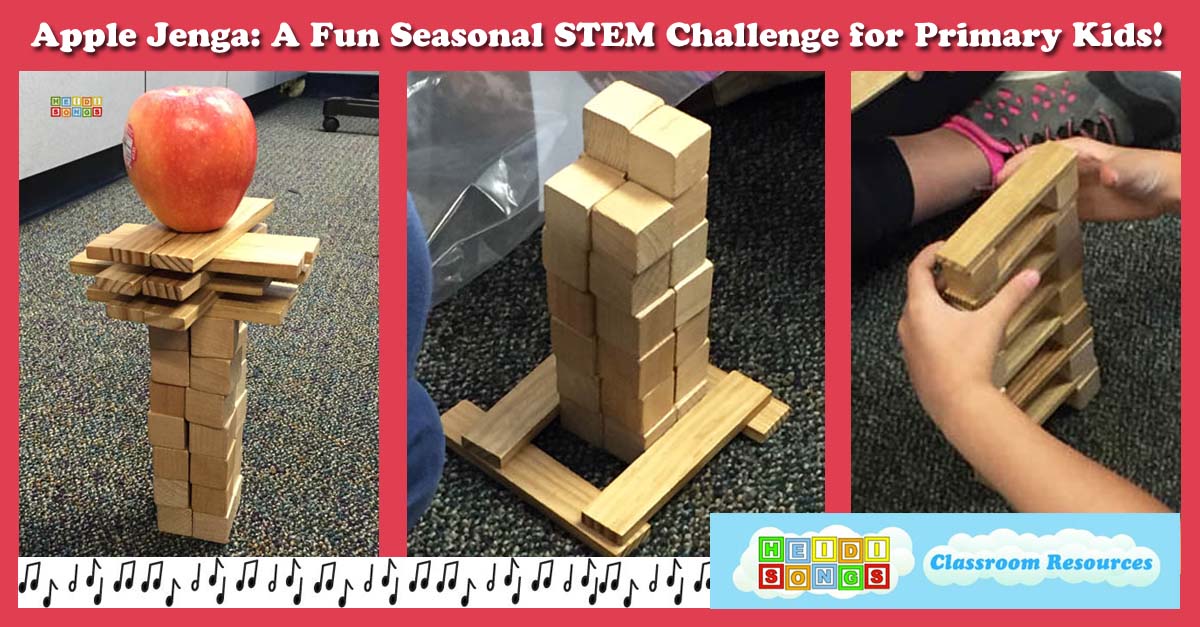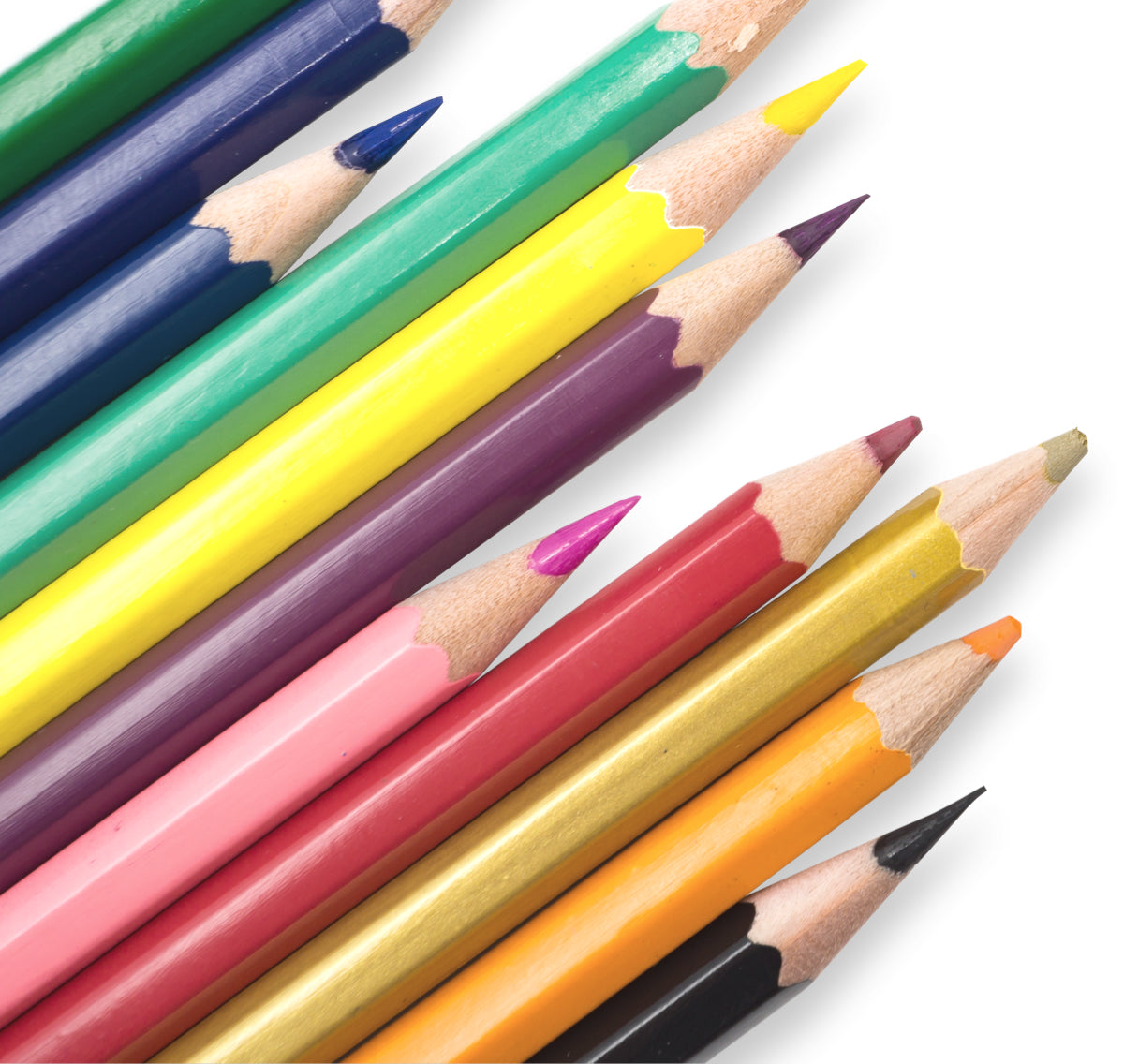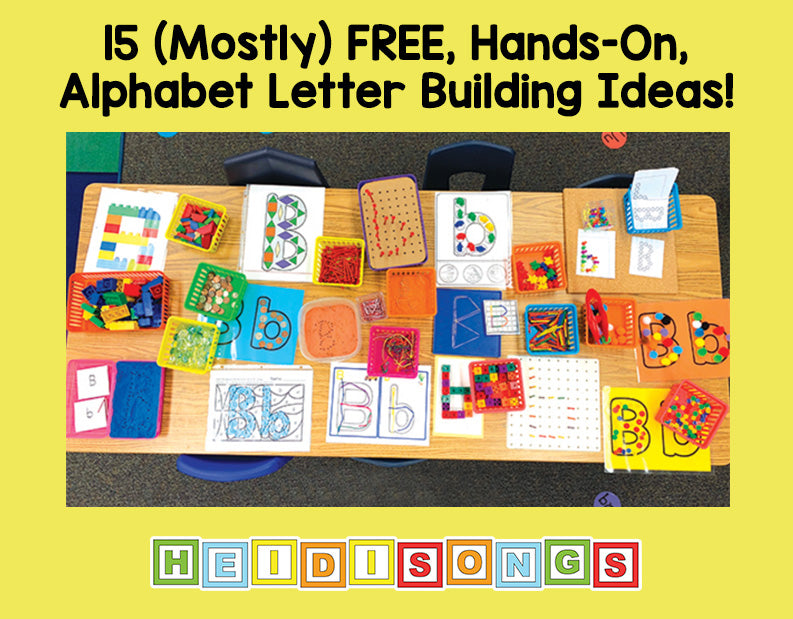

In this post, I am going to tell you about a really fun and EASY seasonal STEM challenge that worked GREAT with my first and second graders! We decided to call this activity “Apple Jenga!” My students just LOVED this, and have been begging me to do it again ever since! I know that this would also work well with Kindergartners, too, because it is just a block building challenge with an apple theme and some measurement. Intrigued? Read on and I’ll tell you more!

I originally got this idea from this photo I found on Pinterest. The blogger designed this activity to go with the book, Ten Apples Up On Top. As soon as I saw it, I started to think about how I could adapt it to work with the materials I have in my room, because it sure looked like fun! But I don’t have as many Keva Planks (those flat blocks in the photo) as the blogger did, and I wanted my whole class to do this activity together.


So I just decided to do the activity with what I had on hand. I have one small box of those Kiva Planks that my mom gave me when she retired from teaching, and another box of wooden cubes. I asked a parent volunteer to count up all of the blocks and divide them up into gallon zip bags so that each pair of children would get an equal amount of both kinds of blocks. When they were all counted up and divided, each bag had 30 cubes and 12 flat rectangular blocks (the Kiva Planks.) So, since I have 21 students, I prepared 11 bags so that there would be one for every two children.


Before I purchased any apples, I decided to try it at home to see if it would even be possible to build a tower with just that many blocks and still have it support an apple. My best try was 14 inches! My husband enjoyed getting into the game, too! So once I established that the challenge was possible, I purchased the apples for my class.

When I gave directions to my class, I was very careful to tell them that we were playing a game, but that there would not be prizes because it was just for fun. Each group of kids would get a bag of blocks and would need to build a the tallest tower that they could that would support an apple. Then I built a VERY small tower and put an apple on it, and measured it with a tape measure. (This was a mistake; I should have used a ruler since the second graders would have learned to use one! It’s just that it was the closest thing at hand.) I was careful to NOT build a GREAT tower, just one that would probably collapse easily. I wanted the children to figure out how to build the best tower without me telling them how. They were immediately excited!
Teachers should mention to their kids that they should NOT eat the apple when they are done, at least not before it is washed! It will have fallen on the floor many times and will be very dirty! Three of my kids were halfway done eating their apples before I even realized what was happening!

We agreed that building on the desks was probably not the greatest idea, since it would just take a little bump on the desk and the towers would all fall down. So we established the rule that we would only build on the floor, and that each group should find a good spot somewhere in the room where their tower probably wouldn’t get stepped on.

When we were ready to begin, I drew name sticks and told them that if I pulled first grader, then he would have to choose a second grade buddy. If I pulled a second grade name, then that child would have to choose a first grade buddy. (I’m teaching a first/second grade combination class this year.) There was a bit of moaning as the children looked at each other; I hadn’t mixed the grades together yet, and they really didn’t know each other very well! The real reason why I mixed them up was to make the teams more even and fair. But it turned out that they had great fun together, and it actually turned out to be a great “getting to know you” activity as well, so I’m glad I did it!
Since I have an odd number of kids, the last child whose name was drawn to pick a partner really didn’t want to work alone, so I let him join the group of his choice, making a group of three children. However, they still all had the very same amount of blocks to work with as the other groups, since we were competing to see who could build the tallest tower. In fact, one of my more competitive second graders wanted to verify that they had the very same amount of blocks, or it wouldn’t be FAIR! Smart boy!

I was afraid that some of the children would lose interest in this activity after maybe five minutes or so. But, I was delighted to see that this didn’t happen! Sure, some of them built a quick tower and were ready for me to measure it for them five minutes later. (That was another BIG mistake; I should have passed out rulers so that they could measure it themselves!) But if their towers were very short, I pointed to other kids’ towers that were taller and encouraged them to see if they could figure out how to make theirs just as tall. I thought it was interesting that some children didn’t really “own” the vocabulary word “tower” previously. About three pairs of children built “towers” that showed they understood a tower to be more of a house that they could build around the apple, as in the one below. Some of the “towers” were mostly flat. 

As the children kept building and the towers and apples kept tumbling down, there were screams of laughter and delight, and lots of whooping! They built and measured, and built and measured, and built and measured. If I had realized what a fabulous measurement activity this was, I would have really prepared for it and pre-taught measurement! I guess we will have to do it again! Maybe next time we will do this with mini pumpkins!
When a pair of kids finally got a decent tower built that would hold up an apple (seven inches!), I rang the bell to get everyone’s attention and announced what our current “record” was for the tallest tower and wrote it on the whiteboard with their names and the measurement. Of course, everyone needed to run over to see what seven inches looked like. What a great teaching moment!

It was soooo tempting to show the children HOW to build a taller, stronger tower… but everything I have heard about STEM says that the learning happens when they figure things out on their OWN! So I just tried to give hints such as:
- “Think about how you can make this taller. Are you using every block you have to make this as tall as it can be?”
- “Maybe someone who is building a taller tower has a different idea. You might want to go take a peek at some of the ways the other children are building their towers to see what they are doing.”
- “Your tower is very wide, but it needs to be tall and high. What can you do differently?”
- “The tower you are building looks very thin and skinny to me. Before you spend more time making it taller, do you want to see if it will hold your apple up?”
Hints like this seemed to really help a lot! After a while, a parent helper in the room said that she thought that they would do better on a more solid surface than the carpet, so I told everyone to find a book to put underneath their tower to steady it against the squishy carpet.

Watching the children choose a book for that purpose was really interesting! Some of the children immediately chose a large, hardback book, which was what I thought everyone would choose. But others chose very small, paperback books, never giving any thought to what would steady their towers better! And they continued to build rather unsuccessfully, too! After a while, I asked those that chose the paperback books if they thought they had chosen the best book possible to steady the tower. They didn’t seem to comprehend, and then I asked them to look at the difference between their books and the other teams’ books. Their eyes got very wide and then they rushed over to get better books! LOL! So cute!

One of my groups of incredibly clever kids decided to use the BOOKS AS BLOCKS! I had to put a stop to it, since it was technically cheating, but I was truly impressed at the ingenuity and creativity. And that group nearly won… but not quite! The tallest tower was about ten inches and was built by a couple of girls that were camped out under my kidney shaped reading table. 

This activity kept the children busy for at LEAST 45 minutes, and even after I declared it “finished,” some of the kids kept trying during their Friday Fun Time which followed. And they are STILL talking about it, and have asked to re-do it several times!
My WONDERFUL first grade team and I are planning on doing a STEM activity each Friday, so I’ll be blogging on them pretty often, I hope! I’m going to try to pull in our seasonal themes, just as I did this time. If you like this sort of thing too, you may want to check out my Pinterest STEM and STEAM Ideas board! (FYI, STEAM stands for science, technology, engineering, art, and math.) Check out my STEM and STEAM Pinterest board!
Have fun!!
- Heidi :)

----------------------------------
Follow me! Did you enjoy this post? Do me a favor and share it with your friends! And follow this blog by signing up for my email updates, or follow on Bloglovin', or follow me on TPT! I'm also on Pinterest, Facebook, Twitter, Instagram, Google+ and YouTube, too! Don't forget to sign up for our email newsletter (at the bottom of this page) for special deals and promo codes that you won't find out about anywhere else.
















